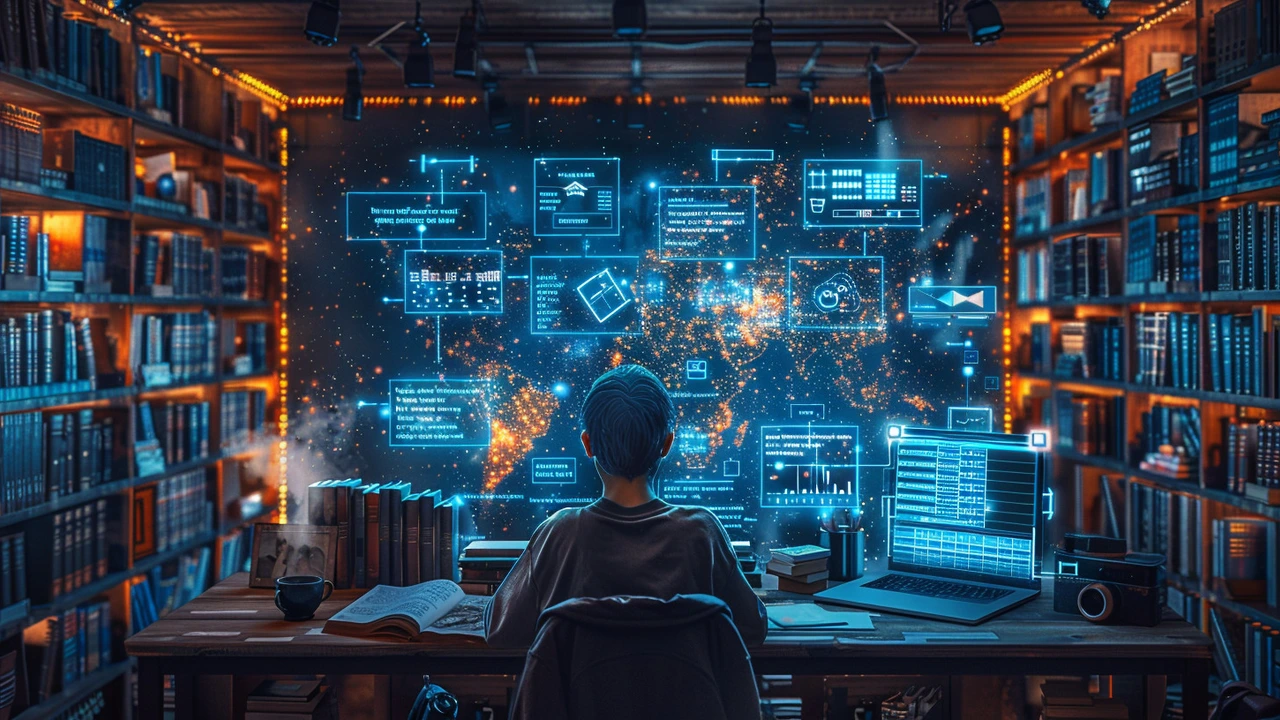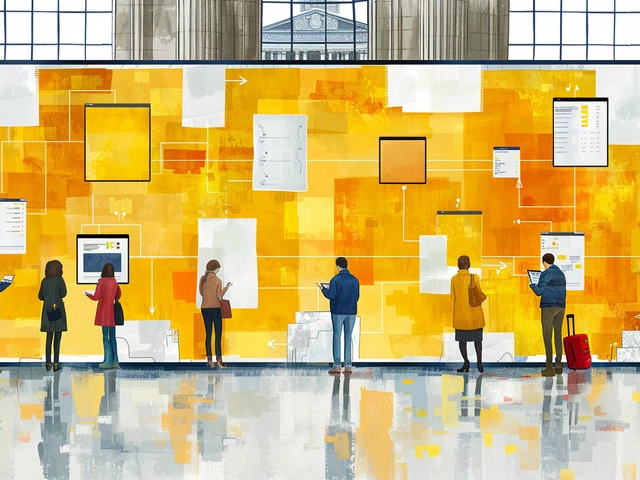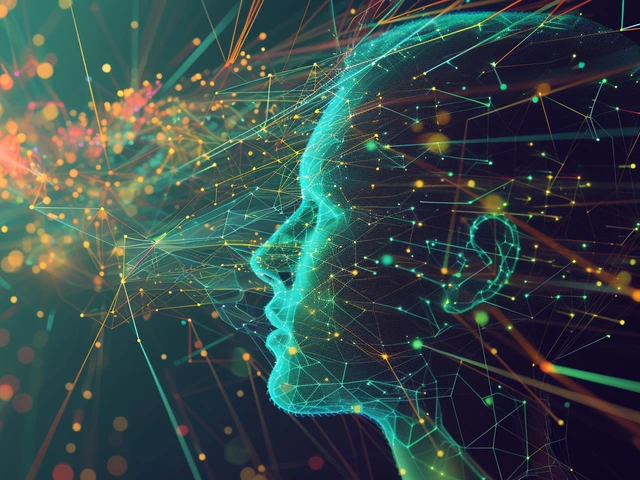Media Literacy: How to Navigate Today’s Digital World Smartly
Ever catch yourself doubting if the news or posts online are real? That’s where media literacy comes in—it’s like a radar that helps you spot what’s true, what’s spin, and what’s just noise. In simple terms, media literacy means knowing how to read, understand, and question different types of media, so you don’t fall for fake info or get fooled by manipulative content.
Social media, news websites, ads, and even videos can hide agendas or spread misinformation. When you learn media literacy, you’re basically getting a superpower to see through that fog. You’ll recognize biases, spot propaganda tricks, and even know when AI tools like ChatGPT are involved in crafting messages online. This skill is a must today when digital info changes fast and spreads wide.
Why Media Literacy Matters More Now
The internet is packed with info, but not all of it plays fair. False stories or misleading ads get clicks because they’re catchy, not honest. Media literacy equips you to check facts, question sources, and understand who wants to influence your opinion and why. Think of it as mental muscle training—stronger media literacy means less chance you’ll share or believe something just because it sounds convincing.
Practical Tips to Boost Your Media Literacy Today
Start by checking who made the content. Is it a well-known source, or some random site with no author info? Look for signs of bias—are they only showing one side? Use reliable fact-checking websites to verify claims. Don’t just scroll mindlessly; pause and ask, "Does this seem off?" or "What’s the real goal behind this message?" These simple habits sharpen your ability to see through digital tricks.
Remember, media literacy isn’t about distrusting everything but about developing smart filters. When you spot fake news or understand marketing tactics in ads or games, you reclaim control over your online experience. It’s like reading between the lines to find out the real story hiding behind flashy headlines or viral posts.
Stay curious and keep questioning. Media literacy helps you not only protect yourself but also help others by sharing truth and clear info. In a world full of digital noise, knowing how to read the signs makes all the difference.
Decoding the Digital Age: Advanced Propaganda Analysis with ChatGPT
In the digital age, propaganda has evolved, becoming more sophisticated and challenging to identify. This comprehensive article dives into the role of ChatGPT in analyzing and understanding modern propaganda techniques. It explores the history of propaganda, its evolution into the digital realm, the integration of artificial intelligence in detecting and analyzing propaganda, and provides practical tips for individuals to enhance their media literacy. Notably, it discusses the fine line between persuasion and manipulation in digital content and the imperative for critical thinking in navigating the information landscape.
Read





